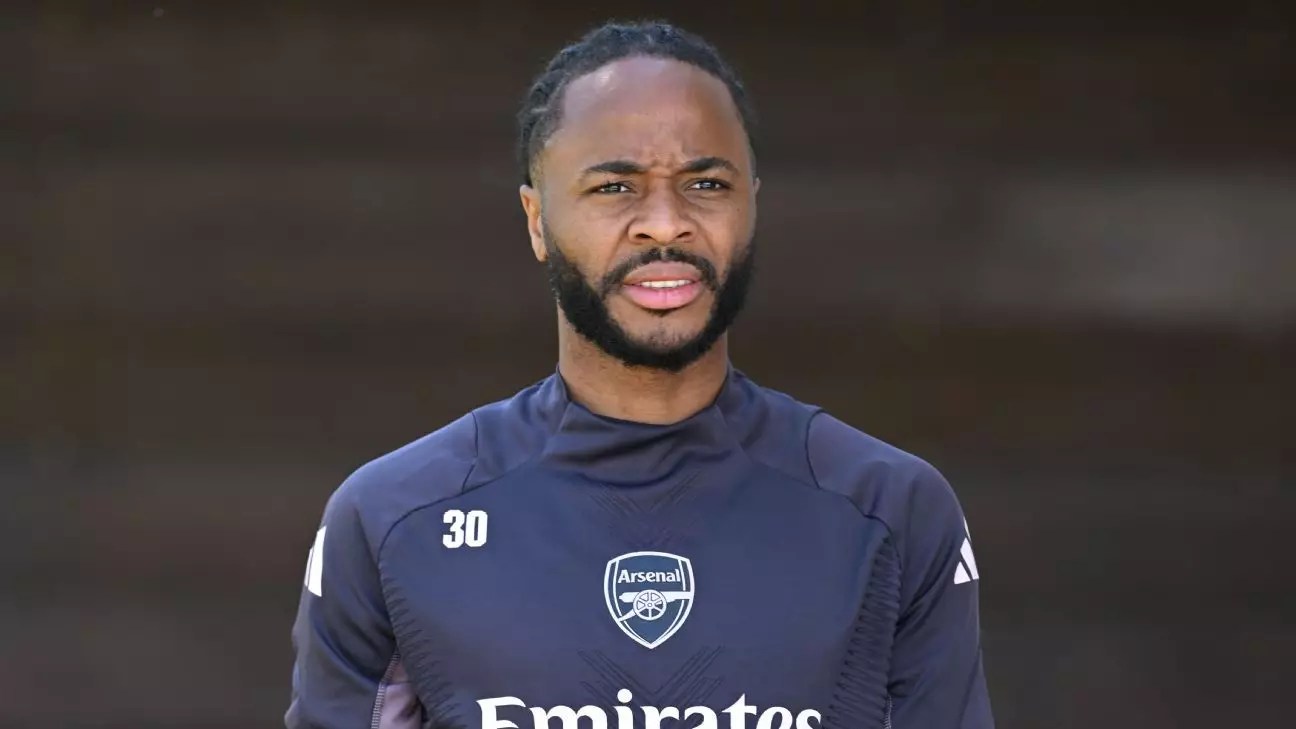Raheem Sterling entered Chelsea with high expectations, heralded as one of the Premier League’s most promising talents and a key figure in England’s national team. Yet, as his career at Stamford Bridge unfolds, it becomes evident that Sterling’s journey is mired in unmet potential and shifting club dynamics. The recent transfer rumor linking him to Juventus and Bayer Leverkusen underscores a crucial reality: a talented player is often at the mercy of circumstances beyond skill alone. His diminishing role at Chelsea, especially after Boss Enzo Maresca’s controversial “bomb squad” strategy, highlights how managerial tactics and club politics heavily influence a player’s trajectory. Sterling’s current status—training away from the first team and being sidelined—speaks volumes about the unpredictable nature of modern football where talent alone does not guarantee stability or success.
From Promising Youngster to Transfer Commodity
Sterling’s recent loan spell at Arsenal was supposed to reignite his goal-scoring instincts. Instead, it exposed vulnerabilities, as he netted only twice in 17 Premier League appearances without a single goal in the final tally. This decline raises questions about his adaptability and the mental resilience required at this level—attributes that are sometimes overlooked in young players early in their careers. Now at 30, Sterling’s value diminishes, with Chelsea reportedly valuing him at around £20 million—a figure that suggests a club no longer sees him as irreplaceable but as a bargain buy. The interest from clubs like Juventus and Leverkusen reveals a broader trend: players are increasingly viewed as assets that can serve multiple purposes across diverse leagues, rather than untouchable icons.
The Broader Implication: A Tale of Evolving Football Realities
Sterling’s situation is emblematic of a larger phenomenon in the modern game: the marriage—and often the clash—of talent versus circumstance. Players are no longer solely evaluated on their abilities but also on their fit within tactical frameworks, coaching philosophies, and even club cultures. Sterling’s exclusion from Chelsea’s squad, despite his international experience, underscores how decisions are often influenced by strategic shifts or managerial agendas rather than pure merit. His training away from the main squad seems symbolic of broader shifts in the sport where player careers can be reshaped overnight, for better or worse. Moving forward, Sterling’s potential transfers to Juventus or Leverkusen could either rejuvenate his career or further highlight the unpredictable trajectory of modern football stars. It’s a poignant reminder that in elite sports, talent is merely one piece of a complex puzzle—opportunity, environment, and club philosophy are equally vital.


Leave a Reply